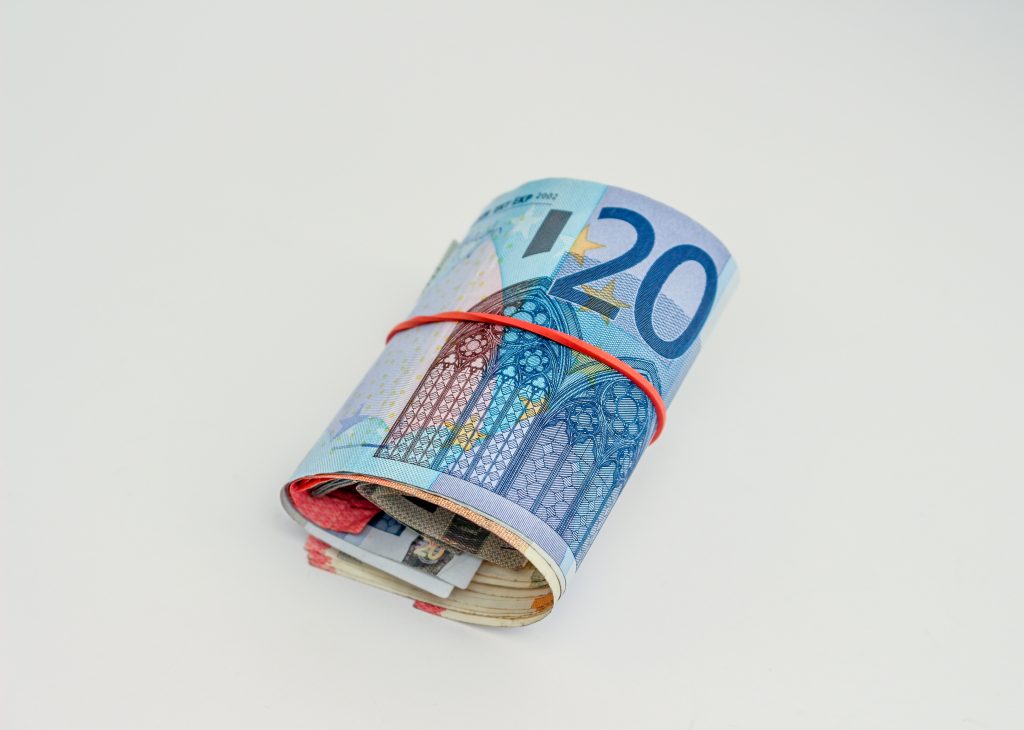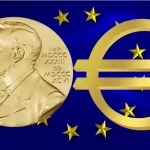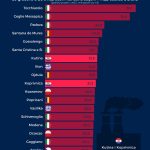As Index writes, the analysis was published in a blog post titled Has the Euro Changeover Caused Extra Inflation in Croatia?
The blog authors Matteo Falagiarda, Christine Gartner, Ivan Muzic, and Andreja Pufnik found that the January increase rates of the price of goods were in accordance with historical patterns in the past ten years. In contrast, service prices have on average, increased more than in the past years in January 2023. In February, however, none of the components of inflation deviated significantly from the historical average, the CNB reported today.
“65 percent of prices remained unchanged”
The authors point out that the official increase rate of the Harmonized Consumer Price Index in January compared to the previous month was only 0.3 percent. In February, it was 0.2 percent compared to January, classifying Croatia among the countries with the lowest monthly price increase rate in the Eurozone.
From the analysis of microdata on retail prices, it has been observed that the proportion of attractive prices (such as “0.99”) decreased significantly, with about 98 percent in kuna to about 45 percent in euros, as a direct reflection of the fact that in January, prices have not changed much, so expressed in euros they were no longer at attractive levels (e.g. “0.99”).
Specifically, as many as 65 percent of prices remained unchanged in January compared to December, and out of the remaining 35 percent – 25 percent of prices was reduced, as some retailers rounded off prices at lower levels when remodeling from kuna to euros, they say in the CNB.
The perception of inflation lowered after the introduction of the euro
The impact of introducing the euro on the perception of inflation and inflation expectations was also analysed. Contrary to the previous experiences of members of the eurozone, where the perception of inflation increased the most during the introduction of the euro, in Croatia, this perception decreased in January compared to December and remained stable in February, while inflation expectations have significantly reduced in both months.
The reduction of the perceived inflation was most influenced by the decrease in energy prices, which outweighed the possible negative effect of the introduction of the euro on the perception of inflation, they say in the Central Bank.
The authors conclude that despite the more challenging inflationary environment, the impact of the introduction of the euro on consumer prices in Croatia has so far been relatively gentle and in accordance with the experiences of other countries that have already introduced the euro as an official currency.
For more, make sure to check out our dedicated News section.











